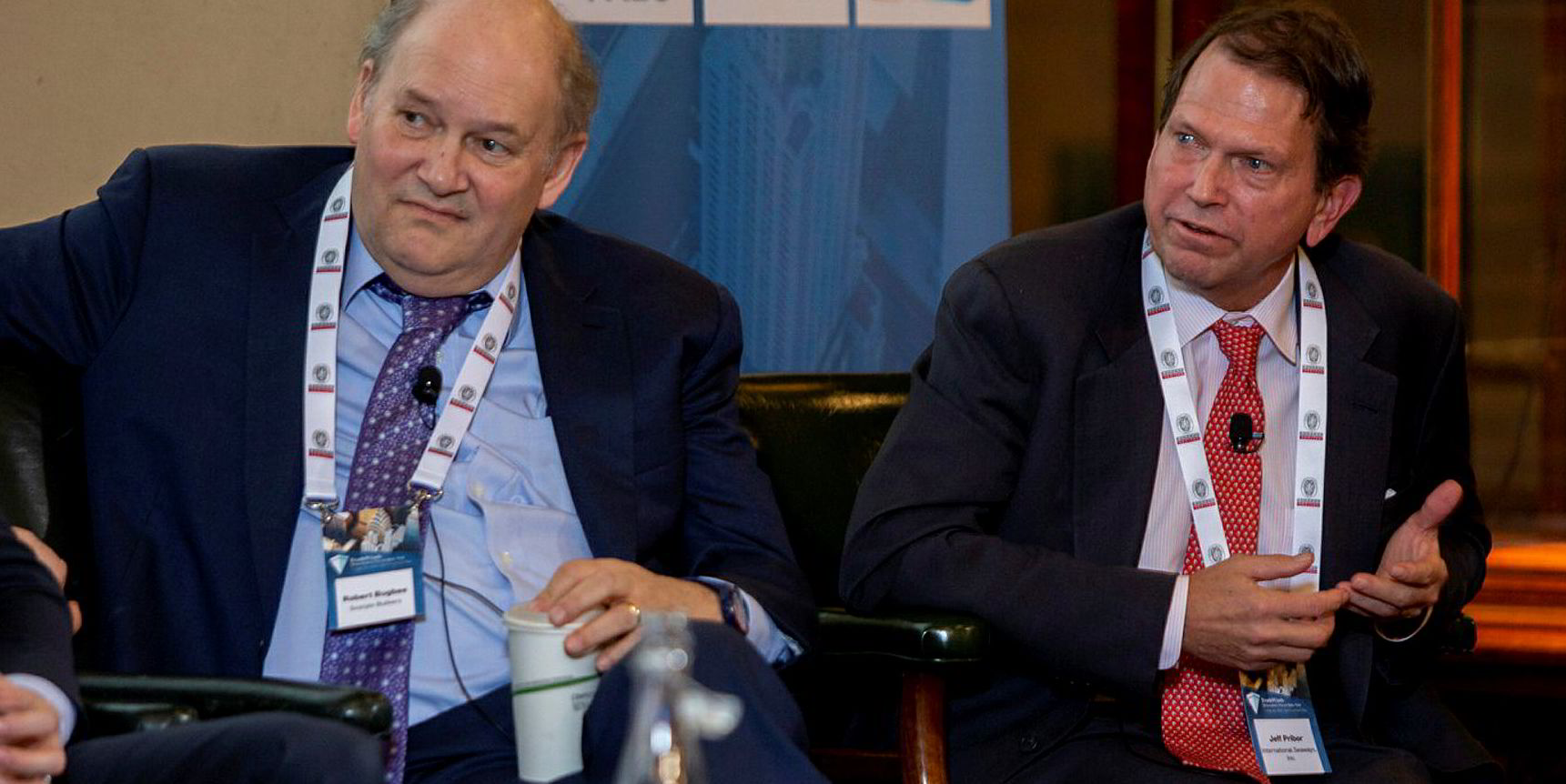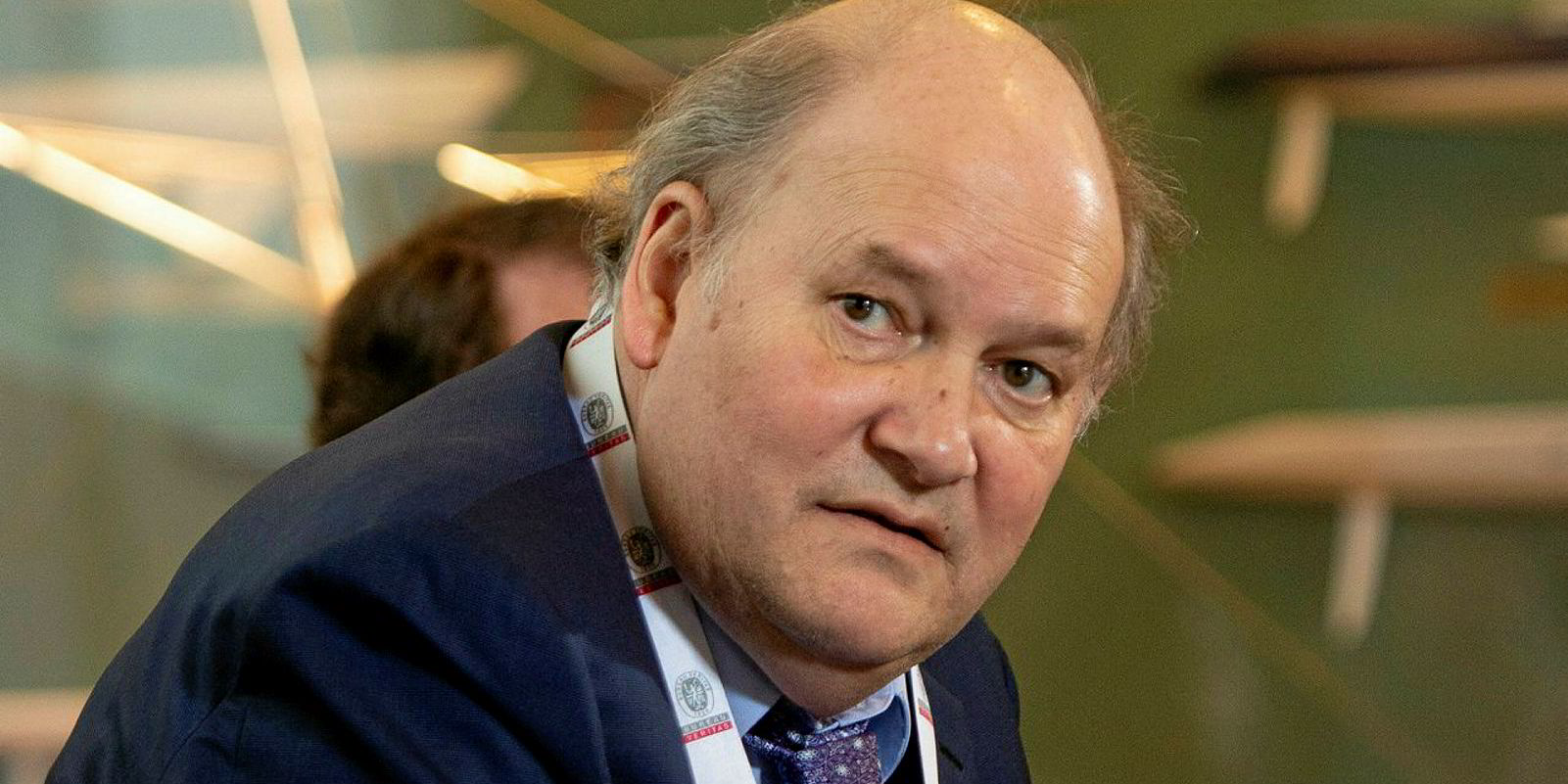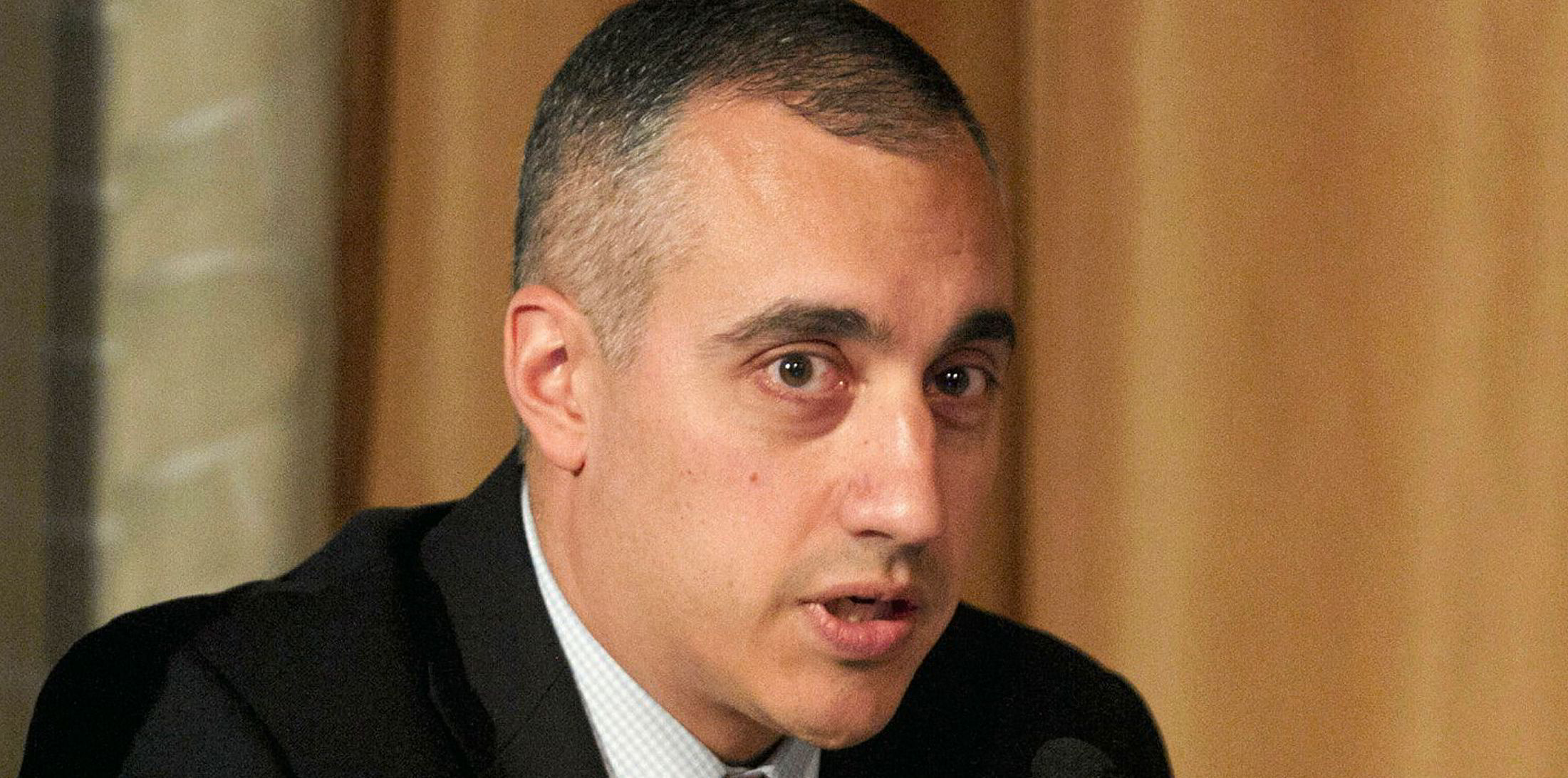Jeffrey Pribor remembers when there were just two equity analysts covering the handful of public shipping companies in New York around the turn of the century.
They were known as “the two Jims".
Jim Winchester handled shipping research at New York financier Lazard Freres in support of an investment banker known as Hamish Norton.
Jim Dowling did the honours for Furman Selz and Jeffrey Pribor was the investment banker there.

So Pribor has some long perspective when asked about the drain of equity research coverage from the 40 or so US-listed companies today, which continued when Deutsche Bank confirmed it was dropping 10 of 16 names on 3 April.
Pribor is now chief financial officer of New York-based tanker company International Seaways.
Winners and losers
From the owner’s side of the table, he considers bank analyst research to be vital to his company and the sector.
“Over my career, research has become less about individual stock picking of winners and losers and more about consistent, thorough information,” Pribor said.
“Analysts perform an important service because they keep models on the companies. Almost all of them have a [net asset value] estimate, which is extremely helpful for investors. It’s not so easy for investors to work out for themselves without a researcher’s coverage.”
Pribor has a relatively recent example in mind.
It involved International Seaways’ spin-off from Overseas Shipholding Group in December 2016, which left it with a fleet of international tankers but no analyst coverage at first.
The stock traded poorly and management felt it was undervalued. This was confirmed when analysts did assume coverage and verified that International Seaways' share price was well below NAV.
“Investors had a really tough time coming to a judgement about our NAV,” Pribor said. "It was important for us to get coverage and it really helped our stock perform better that first year."
Pribor’s view draws support from Scorpio Group president Robert Bugbee. He recently saw a split verdict when Deutsche Bank dropped his Scorpio Bulkers while keeping coverage of Scorpio Tankers, both listed on the New York Stock Exchange.
“When you’ve got an industry that’s relatively small, it’s better to be talked about in any way than not talked about at all,” Bugbee said.
“Normally when you’re introducing a generalist investor to shipping, he wants to be guided somewhere, and usually that’s to an analyst. Even if the analyst is a naysayer, it helps create a dialogue.
“Even negative research creates a conversation, an opportunity to further engage that investor.”
Cutting coverage
Six investment banks dropped shipping coverage either partly or entirely during 2019 due to a lack of deal flow and investor interest. They included major names such as Morgan Stanley and JP Morgan, together with Credit Suisse, UBS, Seaport Global and the Maxim Group.
Yet Pribor points out a positive. Even with such defections, International Seaways still has coverage from 10 analysts from that starting point of none in 2016.
“They’re split about equally between the US and Norway, and we’re grateful to have them,” Pribor said.
However, Bugbee notes that the larger or “bulge-bracket” banks — names that once included the likes of Goldman Sachs — have moved on from the sector, leaving smaller specialist houses, aside from an outlier such as Jefferies.
Three more executives from US-listed public companies would speak about the analyst issue only without being identified.
Two of them agreed about the importance of research coverage.
One chief executive said he was understanding of Deutsche Bank’s choice to drop coverage of owners under $500m market capitalisation and $5m to $10m in daily trading.
“I get it,” he said. “Every one of us is running a business. Companies with small market caps just don’t generate enough value for the bank even if they like what management is doing.
“I take it as a challenge. It’s my job to grow this business to the point where they cover us.”
A lone dissenter had a different take.
“The truth is that research is less and less important,” he said.
After regulatory reforms, “I think that institutional investors pay less attention to Wall Street research as time goes on".
"However, it is also true that institutional investors pay less attention to shipping stocks," he added. "And the reduced research coverage is a direct result of that decline. That is the real problem.”








